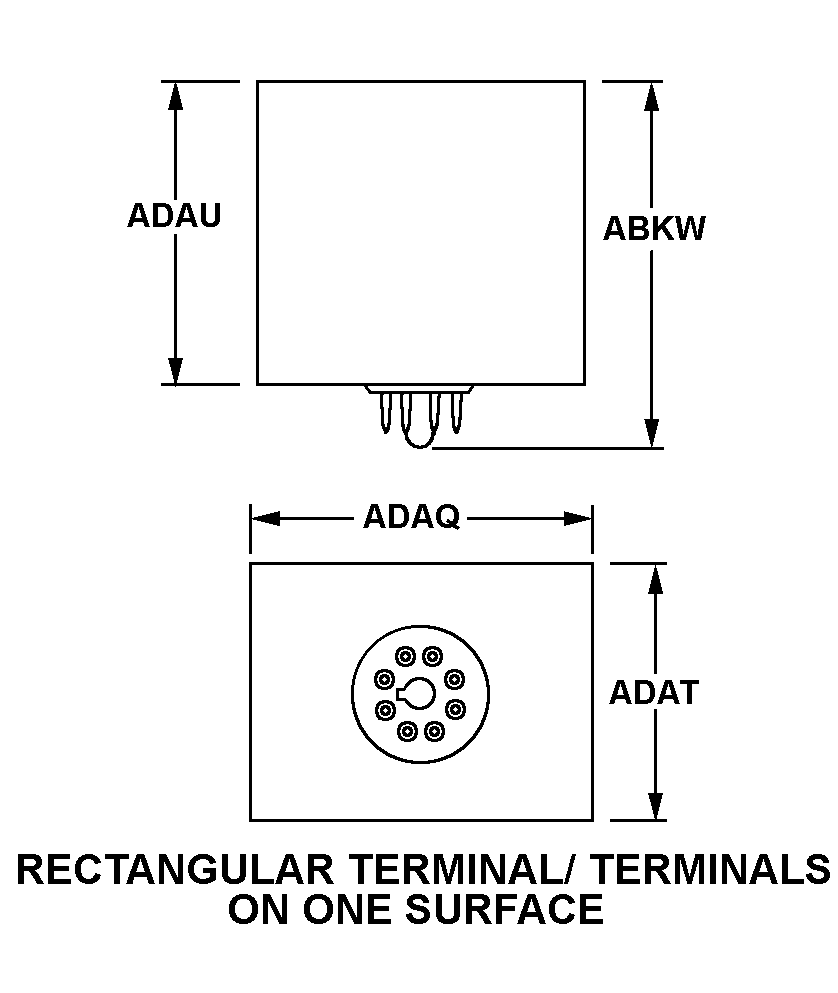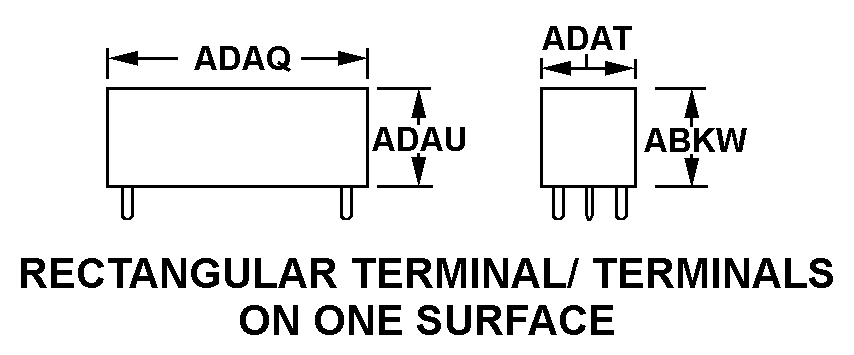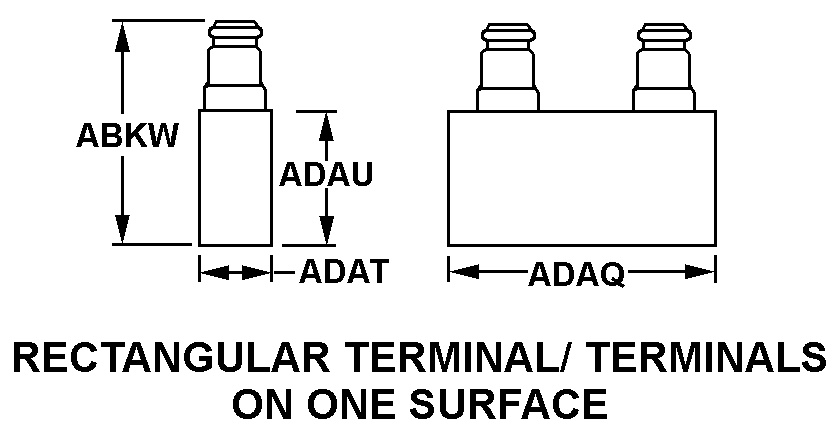5915011219093
Price Quote Get an up to date pricing and availability quote for this product. Order online or over the phone.
Quality Commitment
Serving our customers with quality and safety first.
- AS9120 Certified
- Audited supply chain
- ITAR Registered
- DDTC Registered
- HAZMAT Certified
- Customer service objectives
- Every product 100% inspected

5915-01-121-9093 Specification Set by the OEM (see RNCC code 3)
8.750in.
6.500in.
2.000in.
8.000in.
5.875in.
+4.0/+33.0
-54.0/+85.0 deg celsius
50.0 ohms 4th radio interference
50.0 ohms 5th radio interference
400.0 6th radio interference
2.5 2nd radio interference
INDUCTANCE-Capacitance 6th radio interference
25.0 deg celsius
unf
encased
4 captive screws
115.0 volts ac 6th radio interference 6th function
0.250in. ⁓1/4"
metal
400.0 volts at sea level
tin
13 functions
rectangular terminal/terminals on one surface
Cross Reference Parts Part numbers that meet the specification outlined on this page and set by the OEM
Identification Item Identification Guide (IIG) and Item Name Code (INC)



Definition Definition of approved item name (AIN): "FILTER,RADIO FREQUENCY INTERFERE"
An item designed to suppress undesired (interfering) frequencies and have a minimal effect on the desired frequencies when inserted in an electrical power circuit. Excludes items which consist of a single capacitor, inductor, resistor, or devices consisting of only two or more circuit elements of the same basic name. Excludes filter, low pass and suppressor, ignition interference. For items designed to be inserted in a line which is primarily intended to carry high frequency waves modulated with signals, such as antenna lead-in, see filter, band suppression and filter, band pass. See also limiter, electrical noise.
Packaging & Dimensions Packaging instructions, special markings, and approx. weight/dims
Packing shall be accomplished in accordance with table c.ii for the packing level specified. closure, sealing and reinforcement shall be in accordance with applicable specification for shipping container.
Packing shall be accomplished in accordance with table c.ii for the packing level specified. closure, sealing and reinforcement shall be in accordance with the appropriate shipping container specification.
All packaging data is mandatory for compliance and no substitutions are permitted. fast packs should be included in this category.
No special marking.
Packaging Codes
OPI: Optional Procedure Indicator Code. A one position alpha code that indicates the allowable deviations from the prescribed requirements.
SPI No.: Special packaging instructions number.
LVL A/B/C: Indicates the type of shipping container required for level A, B, or C maximum packing protection.
SPC Mkg: A two position code that identifies the special markings applied to the container, which is part of the total pack to protect the contained item during preservation, packing, storage, transit and removal from the pack.
5915-01-121-9093 Material Hazmat, Precious Metals, Criticality, Enviroment, and ESD
Indicates there is no information in the hmirs. The nsn is in a fsc in table ii of fed std 313 and a msds may be required by the user. The requirement for a msds is dependent on a hazard determination of the supplier or the intended end use of item.
Item does not contain precious metal.
The item does not have a nuclear hardened feature or any other critical feature such as tolerance, fit restriction or application.
Identification Codes
HMIC: Hazardous Material Indicator Code. A one position code that identifies a hazardous item.
PMIC: Precious Metal Indicator Code. A one position code which identifies items that have precious metals as part of their content. precious metals are those metals generally considered to be uncommon, highly valuable, and relatively superior in certain properties such as resistance to corrosion and electrical conductivity.
ESD: Electrostatic Discharge. Indicates if an item is susceptible to electrostatic discharge or electromagnetic interference damage. electrostatic discharge damage occurs when an accumulation of static electricity generated by the relative motion or separation of materials is released to another item by direct contact. electromagnetic interference damage occurs when an item comes into proximity with an electrostatic or magnetic field.
ENAC: Enviromental Attribute Code. Identifies items with environmentally preferred characteristics.
CRITL: Criticality Indicator Code. Indicates an item is technically critical by tolerance, fit, application, nuclear hardness properties, or other characteristics.






